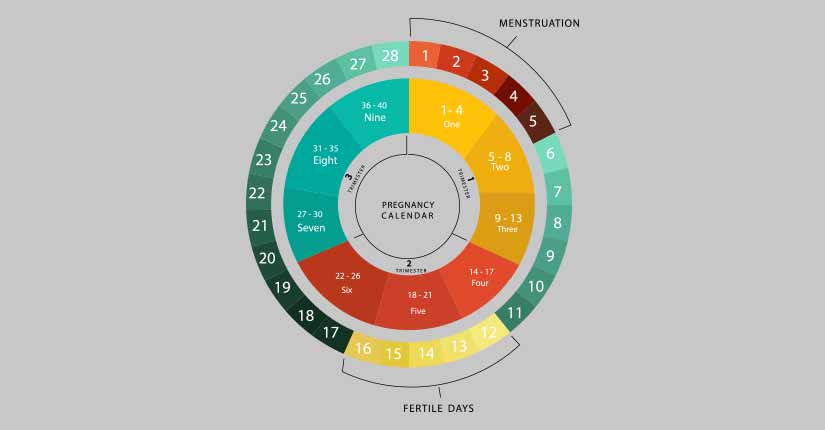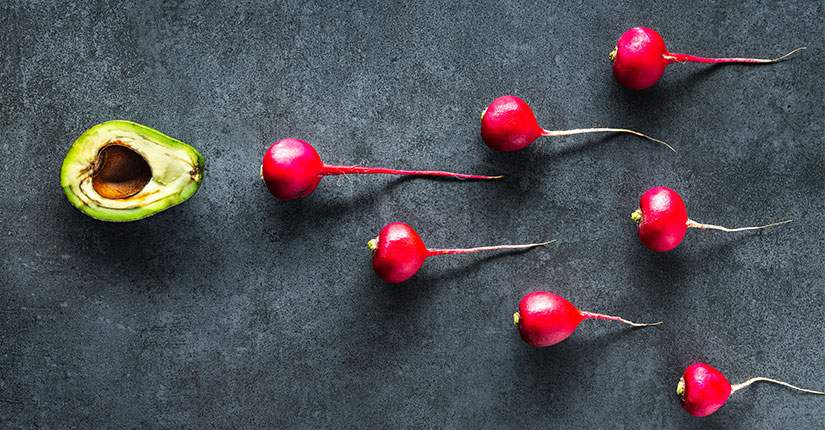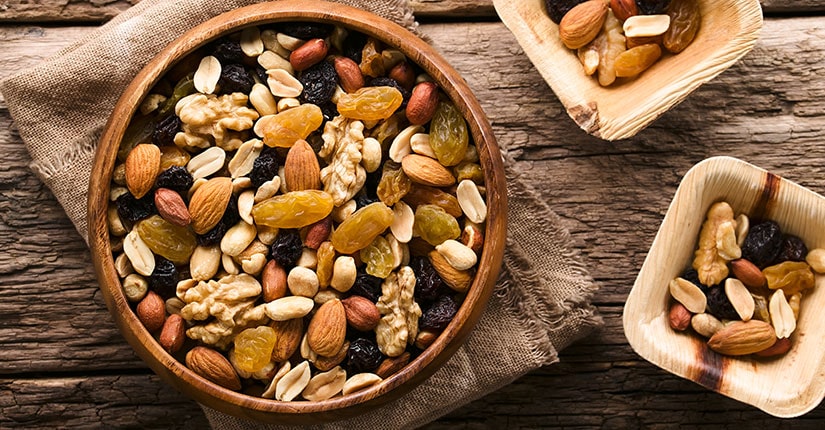7 Diet tips to manage PCOS
By Nmami Agarwal 14-Sep 2023 Reading Time: 4 Mins

Polycystic Ovary Syndrome (PCOS) is a common hormonal disorder affecting many women of reproductive age. Managing PCOS often requires a combination of medical treatment and lifestyle changes, with diet playing a crucial role. In this article, we’ll explore seven diet tips that can help you manage PCOS effectively.
- Balanced Macronutrients:
– Focus on a balanced diet that includes a mix of carbohydrates, proteins, and healthy fats. This helps regulate blood sugar levels and prevent insulin spikes, which are common in PCOS.
– Opt for complex carbohydrates like whole grains, vegetables, and legumes over refined sugars and processed foods to maintain stable energy levels.
- Fiber-Rich Foods:
– Incorporate high-fiber foods into your diet, such as fruits, vegetables, and whole grains. Fiber helps control blood sugar and can aid in weight management, a key factor in PCOS management.
– Aim for at least 25-30 grams of fiber per day to promote healthy digestion and hormone regulation.
- Lean Proteins:
– Choose lean protein sources like poultry, fish, tofu, and legumes. Protein helps maintain muscle mass and can help control appetite, preventing overeating.
– Protein-rich foods also have a lower glycemic index, which means they have a lesser impact on blood sugar levels.
- Healthy Fats:
– Incorporate sources of healthy fats, such as avocados, nuts, seeds, and olive oil, into your diet. These fats support hormone production and overall health.
– Omega-3 fatty acids found in fatty fish like salmon and walnuts can help reduce inflammation associated with PCOS.
- Portion Control:
– Be mindful of portion sizes to avoid excess calorie intake, which can lead to weight gain. Smaller, more frequent meals can help regulate blood sugar levels.
– Use smaller plates to visually control portion sizes and prevent overeating.
- Low Glycemic Index (GI) Foods:
– Focus on foods with a low GI, as they have a slower impact on blood sugar levels. These include non-starchy vegetables, legumes, and whole grains like quinoa and barley.
– Avoid sugary snacks and drinks, which can cause rapid blood sugar spikes.
- Hydration and Herbal Teas:
– Stay well-hydrated by drinking plenty of water throughout the day. Proper hydration supports overall health and can help with weight management.
– Herbal teas like spearmint and cinnamon tea may have potential benefits in managing PCOS symptoms, including hormone balance and improved insulin sensitivity.
In addition to these dietary tips, it’s essential to consult with a healthcare professional, such as a registered dietitian or endocrinologist, for personalized guidance on managing PCOS. They can help create a diet plan tailored to your specific needs and goals.





















